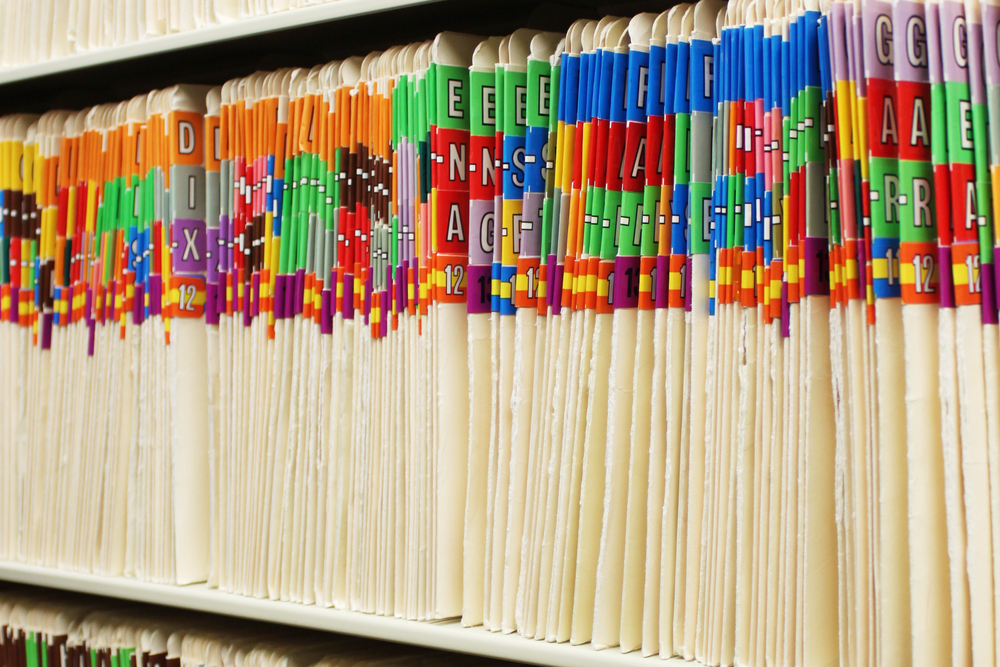Two doctors published a proof of concept paper on how to use blockchain-timestamped protocols to improve the trustworthiness of medical science, the article was published on F1000Research an open science publishing platform.
The doctors Greg Irving from the institute of public health in the University of Cambridge and John Holden a general practitioner for Garswood Surgery, St. Helens wrote a proof of concept research paper explaining a very easy process to prevent the alteration or tampering of medical documents, the authors of the paper created a signature of the medical document using the SHA-256 algorithm, this signature is then converted into the equivalent Bitcoin address.
This Bitcoin address will be sent an arbitrary amount of Bitcoin, imprinting the signature of the document in the blockchain. Other scientists wanting to validate the originality of the document will need to simply do the same process described above, to obtain the Bitcoin address of the document and looking it up in a block explorer.
Although techniques such as checksums have been in use for quite some time, only with the creation of Bitcoin’s blockchain one could submit a signature to a permissionless decentralized public ledger, these two doctors aren’t creating a new method, but they are simply proving how Blockchain technology can be used to sign medical records. Dr. Irving said:
Trust in scientific research has been diminished by evidence that some data is being manipulated. The declaration of Helsinki states that every clinical trial must be registered in a publicly accessible database before recruitment of the first subject. Yet despite the creation of numerous trial registries, problems, such as differences between pre-specified and reported outcomes, persist.
Blockchain is a low cost, verifiable method that could be widely and readily used to audit and confirm the reliability of scientific studies, of course, it could be used to audit much more, but the authors are focusing on their field of study.
The method applied by the authors to obtain a Bitcoin address from a medical document is very easy, using publicly available tools to first create a SHA-256 signature from a document that needs registration, this was then converted into a bitcoin private key and corresponding public key using a bitcoin wallet, an arbitrary amount of bitcoin was then sent to a corresponding bitcoin address. Verification of the document by the other interested party is done by converting the document into the Bitcoin address again and looking it up on a block explorer.
Researchers were able to search for the transaction on the blockchain, confirm the date when the transaction occurred and verify the authenticity of the original protocol by generating identical public and private keys. Any changes made to the original document generated different public and private keys indicating that protocol had been altered.
The research paper already has 2 positive peer reviews, one of the reviewers, Amy Prince of the Department for Continuing Education, University of Oxford stated:
Blockchain improves and expands the role for trial registries or publishing protocols. The approach could be used for RCTs and a whole range of observational and experimental studies where registries are needed but do not currently exist. A blockchain provides a real-time time-stamped record of any study protocol.
This process is definitely not new but may gain some interest and attention to the Blockchain Tech from medical professionals or the Healthcare sector.
Image Via Shutterstock
If you liked this article follow us on twitter @themerklenews and make sure to subscribe to our newsletter to receive the latest bitcoin and altcoin price analysis and the latest cryptocurrency news.

